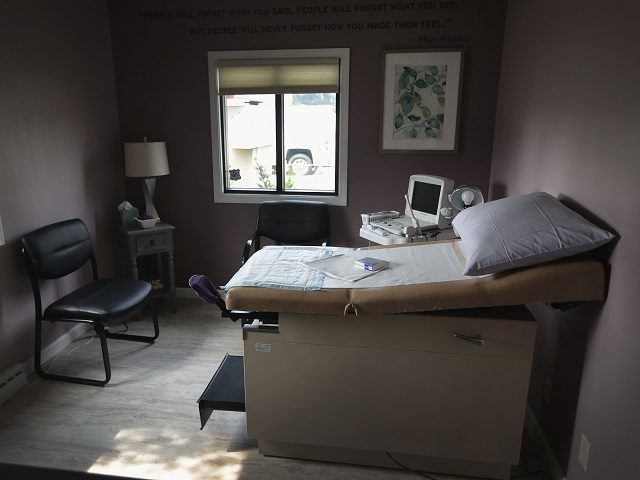The 5-4 U.S. Supreme Court decision to return abortion law to the states on Friday does not mean women who want an abortion can no longer get the life-ending procedure. But the legal landscape will change going forward, according to analyses following the ruling.
South Dakota, Louisiana, and Kentucky will immediately ban most abortions.
In 13 states with trigger laws, abortions to save the life of the the mother are in place, and five of those include exceptions for rape or incest.
Abortion remains legal to date in 27 states, according to a Politico analysis.
Politico reported:
Most states with so-called trigger laws require the attorney general, governor or legislature to certify that the court’s opinion does, indeed, overturn Roe, include a delay of up to 30 days before they take effect, or both. In other states, court action will likely be necessary to determine whether states’ pre-Roe abortion bans can take effect or enjoined laws restricting access to the procedure can be lifted, a process legal experts anticipate could take weeks to months.
There’s another group of states where pre-Roe abortion bans could spring back into effect. For instance, abortion-rights advocates in Wisconsin believe the state’s pre-Roe ban will likely force abortion providers to shut their doors because of legal uncertainties around the statute of limitations, even though Democratic Attorney General Josh Kaul, who is running for reelection this year, has said he will not enforce the state law and has urged local prosecutors to do the same. Abortion-rights opponents in the state are anticipating legal challenges, too.
Advocates on both sides also anticipate immediate legal action in states where pre-Roe laws or other laws restricting access to abortion prior to viability have been blocked by federal courts. Georgia, Ohio, South Carolina and Iowa have laws prohibiting abortion once a fetal heartbeat is detected, around six weeks, but those laws were blocked by judges operating under Roe.
The most radical states, which allow abortion on demand up until birth, include Colorado, New Jersey, Oregon, and Delaware.
The case is Dobbs v. Jackson Women’s Health Organization, No. 19-1392 in the Supreme Court of the United States.
Follow Penny Starr on Twitter

COMMENTS
Please let us know if you're having issues with commenting.